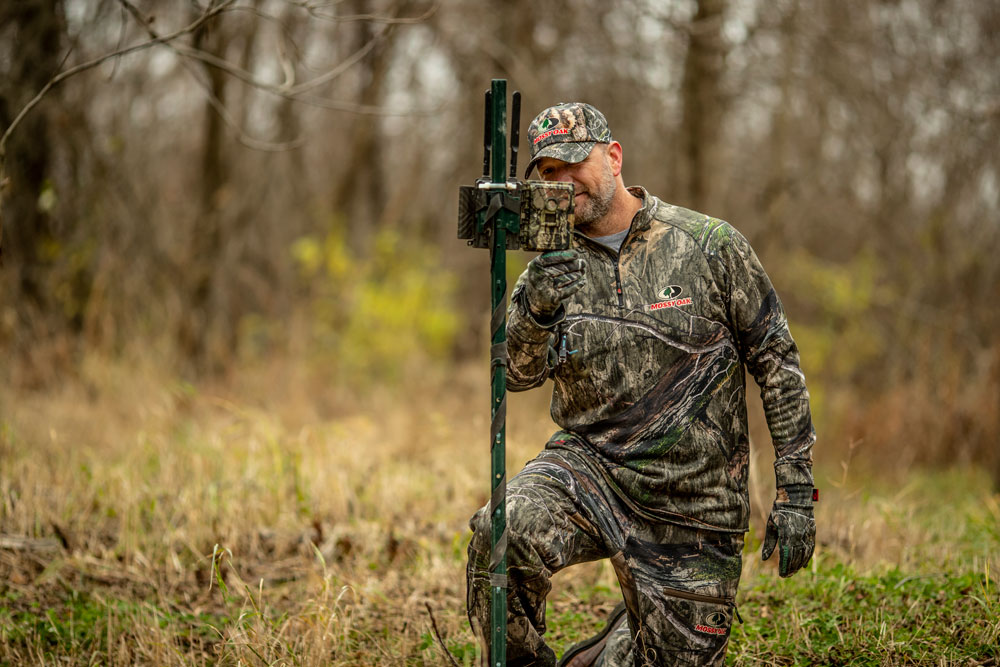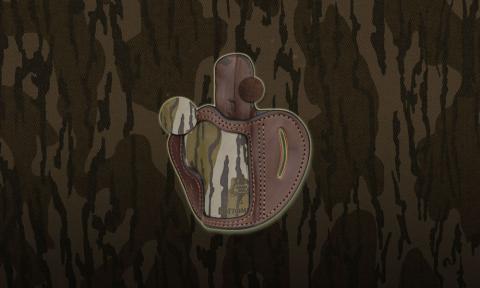Heath Wood
On January 1, 2022, the state of Arizona will put into effect a new law that will ban the use of game cameras “to take or aid in the take of wildlife, or locating wildlife to take or aid in the take of wildlife.”

According to the Arizona Game and Fish Department, the reason for the ban streams from the Department saying that the use of game cameras violates the Fair Chase Doctrine, which pays respect to the traditions of hunting and angling by emphasizing the development of individual hunter’s skills rather than reliance on practices and technologies that overwhelm the quarry’s ability to elude detection.
Kurt Davis, chairman of a board for the Arizona Game and Fish Department who voted on the ban, says the reason for the ban comes from an increase of complaints made to Arizona Game Officers from hunter-to-hunter conflicts involving game cameras on public land near public water sources and concerns of hunters not practicing fair chase against wildlife. Davis also says that hunters are becoming aggravated at other hunters for disturbing wildlife when checking their cameras on public land in which other hunters are trying to hunt. Under the new law, hunters can no longer use game cameras on watering holes or other locations to help locate wildlife.
The Arizona Game and Fish Commission unanimously approved the ban during a meeting on June 11, 2021. Plans to start enforcing the new ban will begin as early as January 1, 2022.
The Arizona Game and Fish Commission has been concerned about using game cameras by hunters for a few years now. In 2018, the commission voted to ban transmitter cameras such as cellular cameras that send live video wirelessly.
Arizona hunters have stressed their disappointment with the new ban, saying that most of the complaints to Game and Fish officials came from public land hunting, yet the ban is statewide for public and private landowners. Others have suggested limiting the number of cameras each hunter can use.
However, the Arizona Game and Fish Department ruled unfavorably for all hunters and used the adage of “one person can ruin it for everybody.” One of the biggest complaints comes from public land hunters being aggravated at professional guides and outfitters using multiple game cameras on public land to help get their clients on wildlife when it is time to hunt. Other concerns come from officials saying the large number of hunters going in and out of public land to check the cameras is doing more harm to wildlife than good.
Further concerned Arizona citizens affected by the new ban say that many feel it is part of government overreach by taking away another privilege from hunters themselves. Some fear this is only a stepping stone to losing more freedoms as hunters.
In my opinion, the use of the game camera is not unethical, nor does it take away from the fair chase. I’m sure the pioneers of our country would look at today’s bows and say that the 350 feet-per-second bow that we now hunt with is unfair compared to the bows they used hundreds of years ago. I feel that the state of Arizona could have responded differently. The complaints that they say fueled the ban of game cameras were from a smaller group of hunters who were unhappy with each other’s use of cameras. Instead, the Arizona Department Of Wildlife used non-facts about cameras being unfair to wildlife and used it against the very people of their state and took away another right from hunters themselves.



























